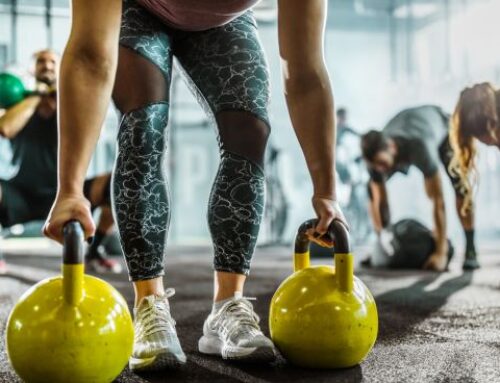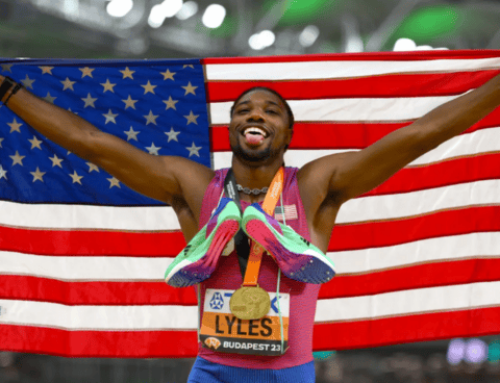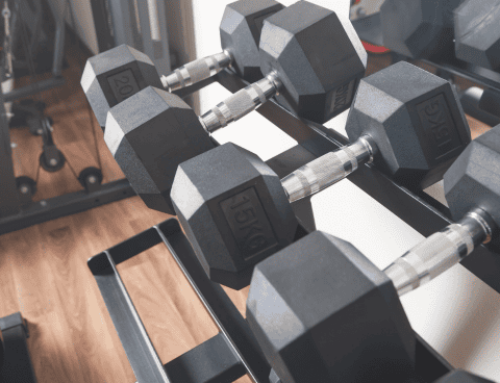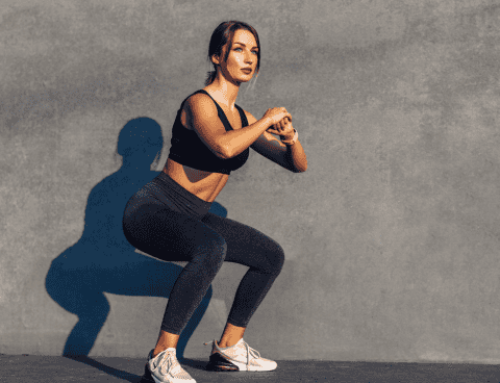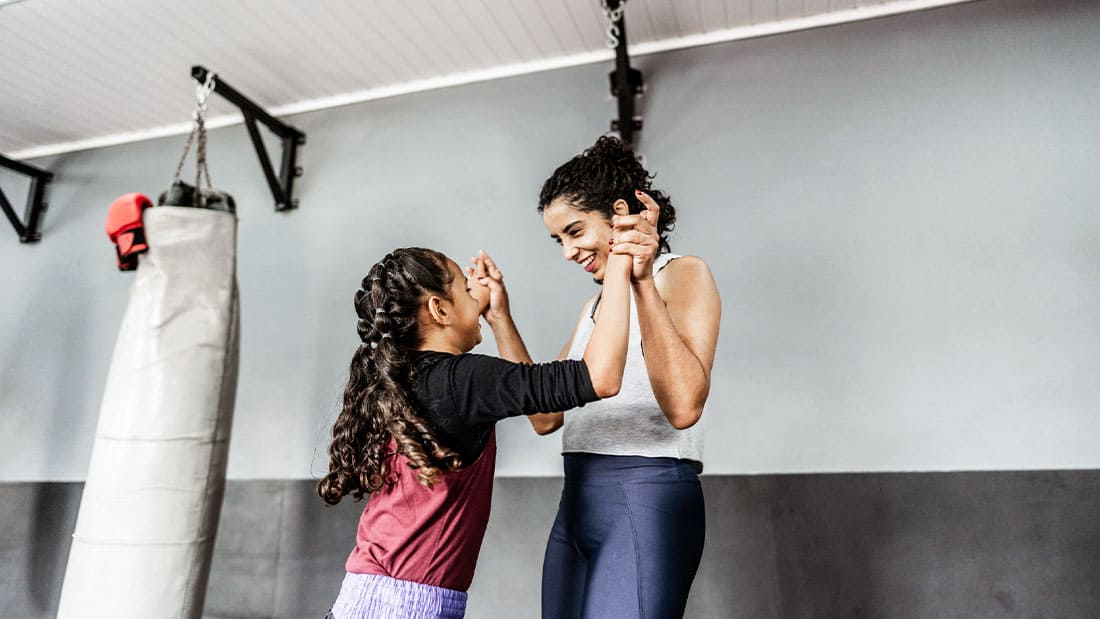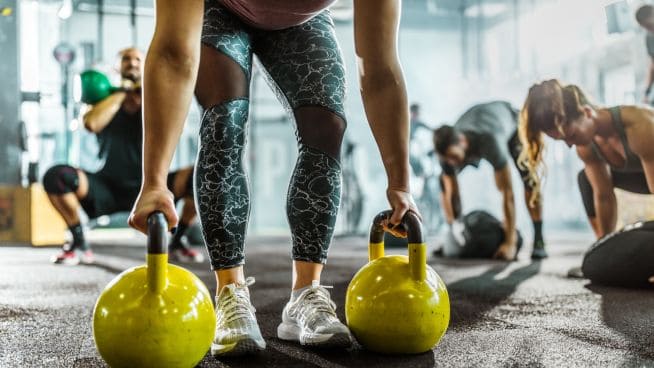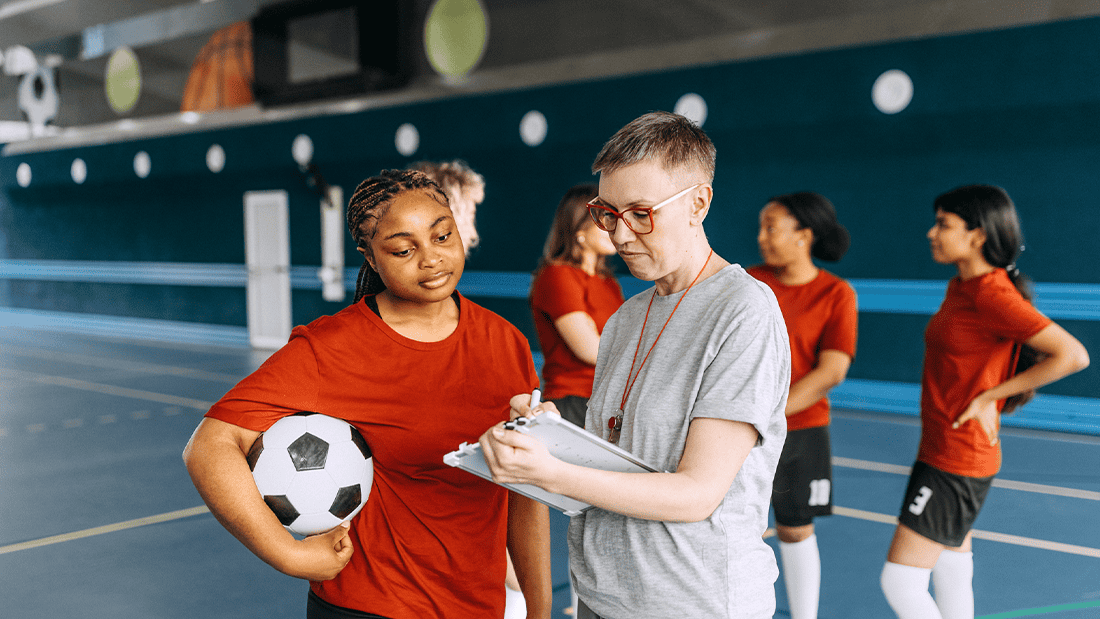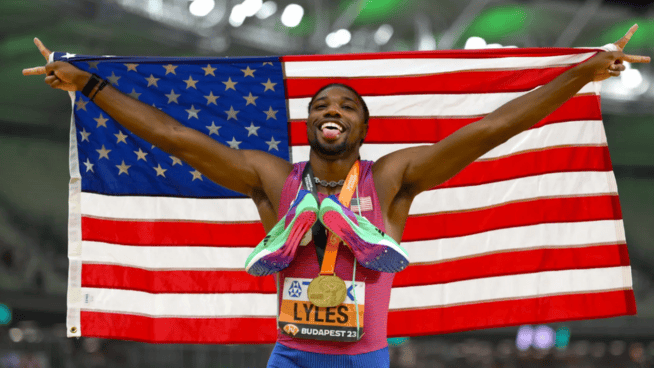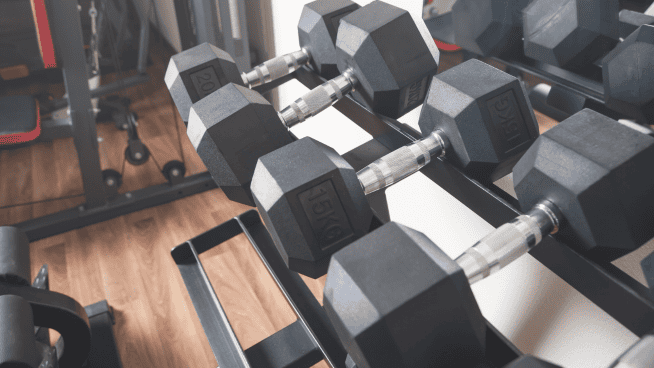The 3 Pillars of Hockey Training
Elite hockey players share common approaches to their off-ice training. Take your workouts to the next level by learning the three pillars of hockey training, along with specific exercises you can use to improve each aspect of your game. (While you’re at it, check out Red Wings forward Henrik Zetterberg’s Workout.)
Balance
Balance refers to the ability to maintain posture, center of gravity and muscular balance. If any aspect of your balance is lacking, your skating technique will suffer. The following exercises help develop longer, more powerful strides and improve edge control, so you can get up to speed faster and maintain better control on the ice.
Hockey Balance Exercises: Single-Leg Deadlift, Hurdle Hops, Balance Board
Acceleration and Deceleration
The ability to quickly transition from defense to offense is the mark of a good hockey team. As an individual player, you can improve these skills by developing power. The more power you put into the ice, the faster you can get to your top speed. Use these explosive exercises to build hockey power.
Hockey Power Exercises: Deadlift, Back Squat With Chains
You can also improve acceleration and deceleration with overspeed training—i.e., exercises performed at a faster-than-normal pace, like sprinting while being pulled by a resistance band. Overspeed training quickens your stride rate, which increases your top-end speed.
Hockey Overspeed Exercises: Agility Ladder Work, Sprinting
Core Stability
Without a strong core, you won’t be able to properly transfer energy from your legs to your upper body, and you won’t have adequate strength to protect the puck along the boards or battle in front of the net. Core strength also improves rotational power and spine stability, which directly translates to greater shot power and enhanced ability to absorb contact from an opponent’s check. Try these core exercises:
Hockey Core Exercises: Rotational Strength, Windshield Wipers, Plank
Photo: USCHO.com
RECOMMENDED FOR YOU
MOST POPULAR
The 3 Pillars of Hockey Training
Elite hockey players share common approaches to their off-ice training. Take your workouts to the next level by learning the three pillars of hockey training, along with specific exercises you can use to improve each aspect of your game. (While you’re at it, check out Red Wings forward Henrik Zetterberg’s Workout.)
Balance
Balance refers to the ability to maintain posture, center of gravity and muscular balance. If any aspect of your balance is lacking, your skating technique will suffer. The following exercises help develop longer, more powerful strides and improve edge control, so you can get up to speed faster and maintain better control on the ice.
Hockey Balance Exercises: Single-Leg Deadlift, Hurdle Hops, Balance Board
Acceleration and Deceleration
The ability to quickly transition from defense to offense is the mark of a good hockey team. As an individual player, you can improve these skills by developing power. The more power you put into the ice, the faster you can get to your top speed. Use these explosive exercises to build hockey power.
Hockey Power Exercises: Deadlift, Back Squat With Chains
You can also improve acceleration and deceleration with overspeed training—i.e., exercises performed at a faster-than-normal pace, like sprinting while being pulled by a resistance band. Overspeed training quickens your stride rate, which increases your top-end speed.
Hockey Overspeed Exercises: Agility Ladder Work, Sprinting
Core Stability
Without a strong core, you won’t be able to properly transfer energy from your legs to your upper body, and you won’t have adequate strength to protect the puck along the boards or battle in front of the net. Core strength also improves rotational power and spine stability, which directly translates to greater shot power and enhanced ability to absorb contact from an opponent’s check. Try these core exercises:
Hockey Core Exercises: Rotational Strength, Windshield Wipers, Plank
Photo: USCHO.com


